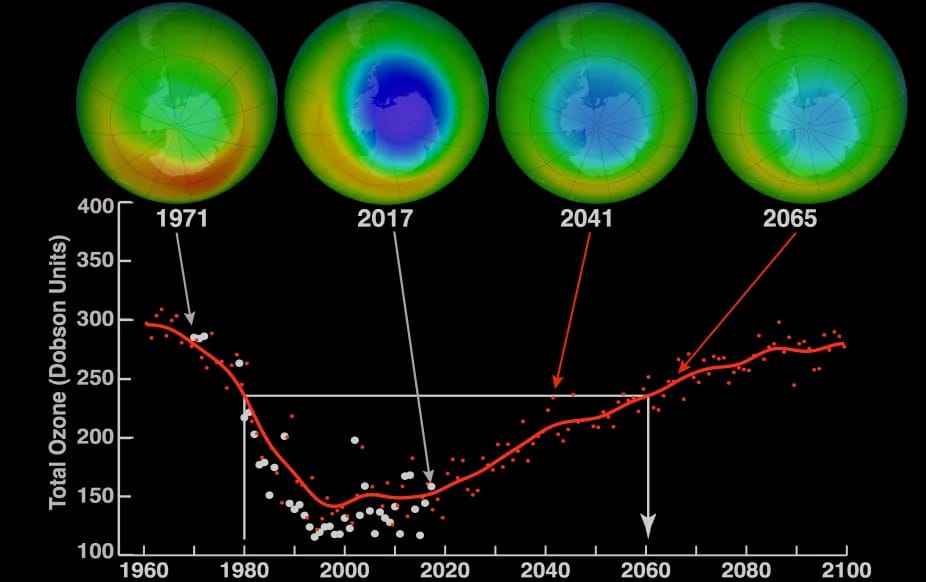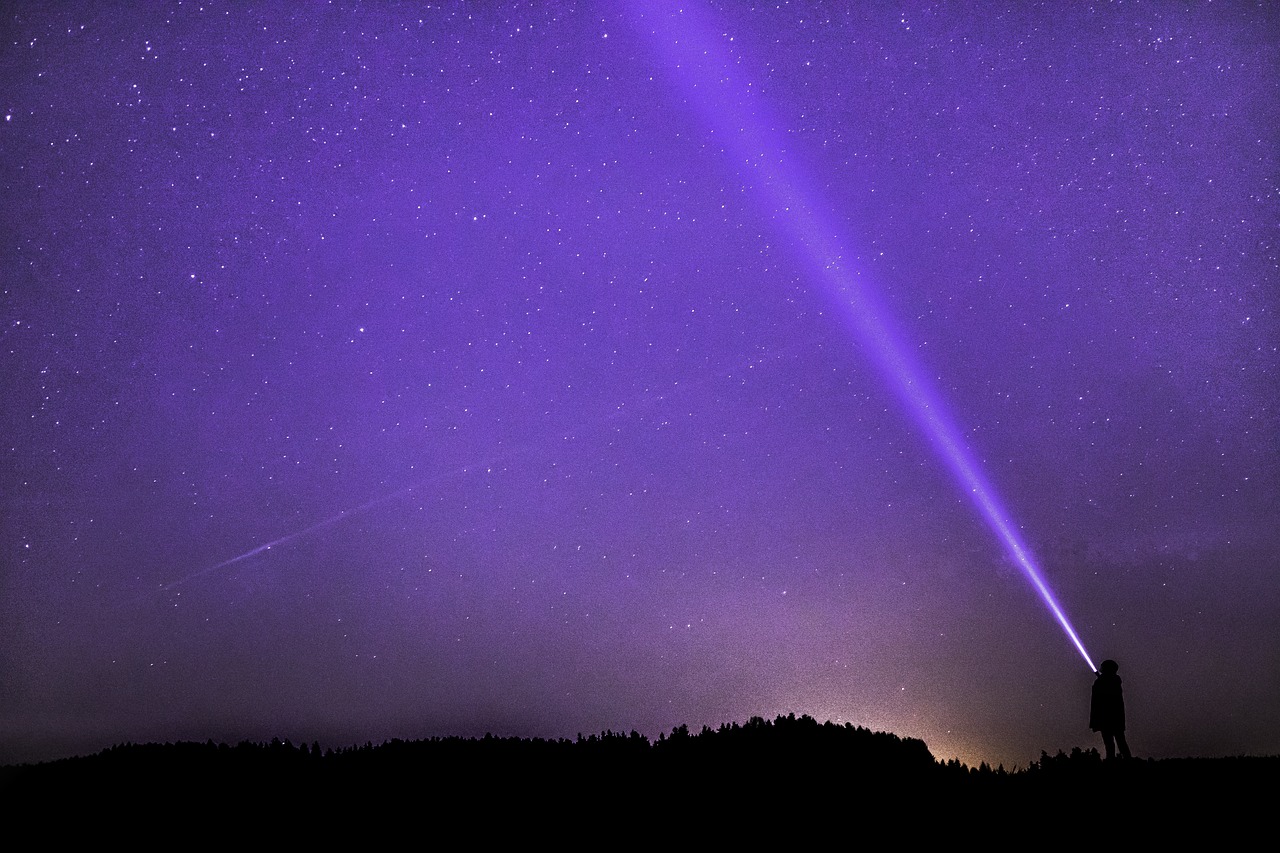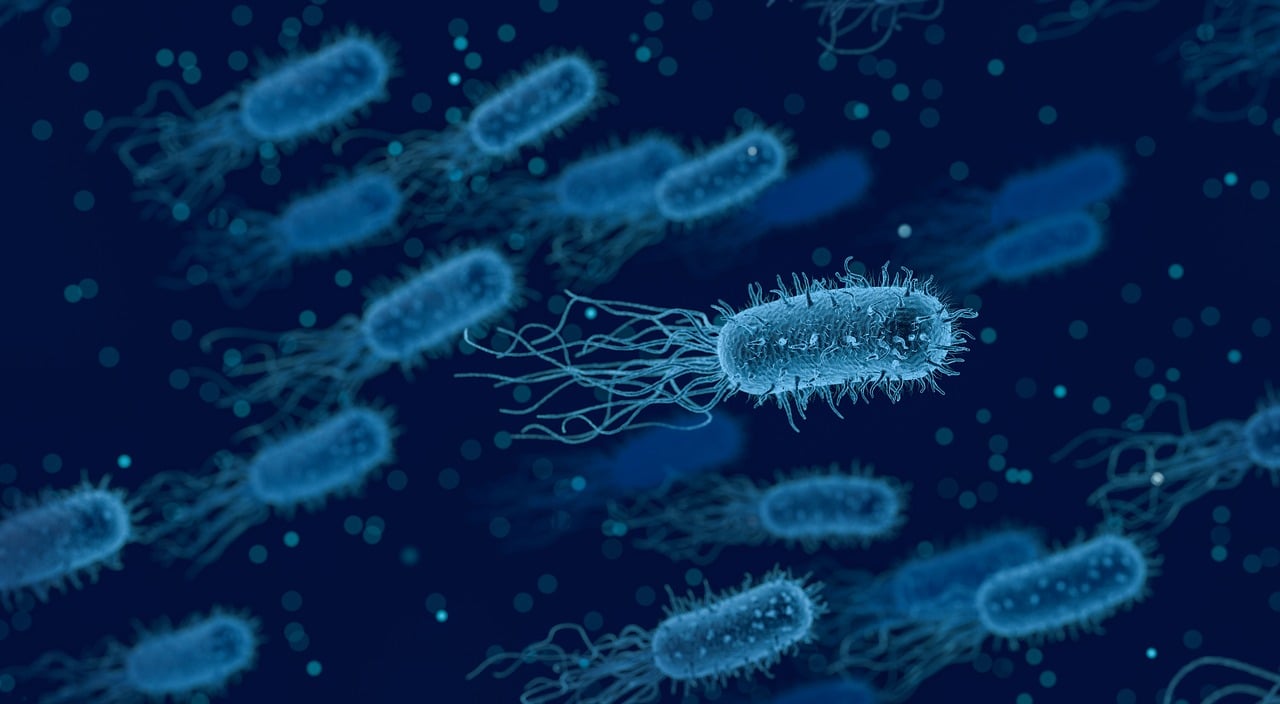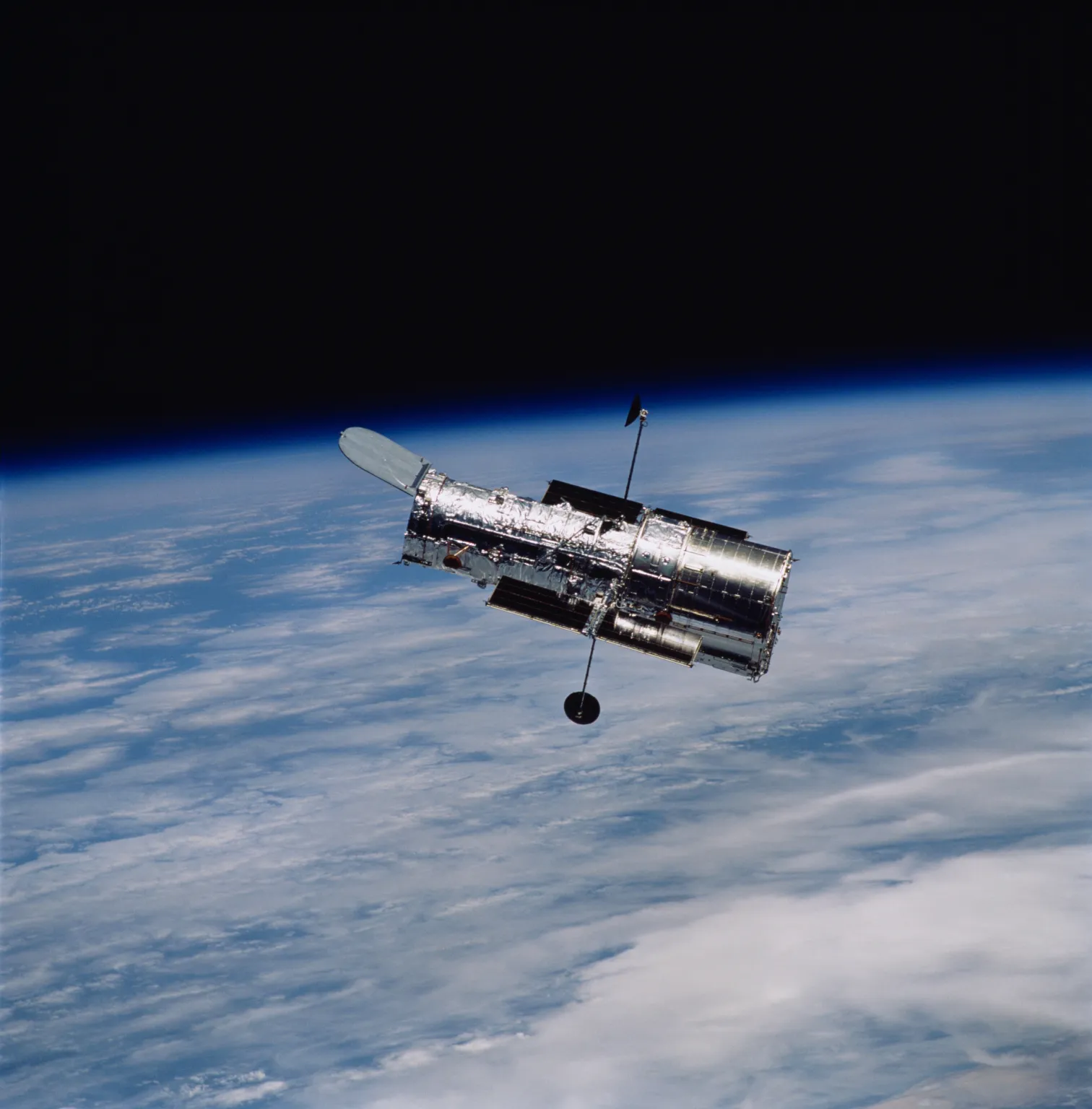The Dawn of AI: Safety Takes Flight

Artificial intelligence (AI) is no longer a futuristic fantasy. Applications like ChatGPT and Bard are testaments to their transformative potential. From revolutionizing industries like healthcare and finance to reshaping daily life with personalized recommendations and smart assistants, AI's influence is undeniable. However, its rapid ascent has sparked a crucial question: is AI safe?
Addressing this concern and establishing responsible development guidelines, the world witnessed the historic AI Safety Summit on November 2nd, 2023. This landmark event, hosted by British Prime Minister Rishi Sunak, brought together world leaders, including the President of the European Union, the Vice President of the United States, and the Secretary-General of the United Nations. The summit culminated in the Bletchley Park Declaration, a roadmap for mitigating risks associated with "Frontier AI," the most advanced and potentially dangerous form of AI.
The Bletchley Park Declaration: A Global Call to ActionThe declaration identifies threats posed by Frontier AI, including weaponized misinformation through deepfakes, bioengineering manipulation that could create designer diseases, and privacy breaches fueled by ever-increasing data collection. However, a central theme emerged: these challenges can be overcome through international cooperation. While some nations acknowledged the need for clear policies and regulations, others, like India, emphasized the need for ethical frameworks that consider the cultural and social implications of AI in a globalized world.
The US Takes the Lead in AI GovernanceDespite the UK's role as host, the United States signalled its intent to play a leading role. Vice President Kamala Harris, highlighting America's abundance of AI labs and tech giants like Google and OpenAI, emphasized the US' responsibility for shaping responsible AI development. This leadership acknowledges the crucial role US innovation has played in advancing AI but also recognizes the potential for bias inherent in these technologies.
Safety Institutes: A Collaborative ApproachThe summit also addressed concerns about protectionism. A concrete proposal for establishing global AI safety institutes was met with enthusiasm. These institutes would provide guidance and support to new AI ventures, fostering innovation while mitigating potential risks. Notably, China, another major player in the AI landscape, was acknowledged for its contributions to the field, with both the US and China recognizing the need for open communication and collaboration to ensure responsible development.
Beyond the Summit: The Road AheadThe AI Safety Summit marked a significant turning point, but the journey towards safe and ethical AI has just begun. The success of the Bletchley Park Declaration hinges on concrete action plans from participating nations. This includes establishing clear ethical guidelines, fostering open dialogue between governments, tech companies, and academia, and ensuring responsible investment in AI research and development.
In Conclusion: A United Front for Safe AIDeveloped nations are actively working to ensure AI's smooth integration into society. The Bletchley Park Declaration represents a significant step towards safe and responsible AI development through international collaboration and a focus on safety institutes. This collective effort, along with continued global dialogue and action plans, ensures that AI remains a force for good, shaping a brighter future for all.
Similar Post You May Like
-

CFCs, HFCs and their long, troubled history
At its peak, the ozone hole covered an area 7 times larger than the size of Europe, around 29.9 million km2, and was rapidly expanding
-

The Origin of Universe: Deciding point where it all began!
Let us unravel and surf through the ideas throughout ages to understand what the universe and its origin itself was to its inhabitants across history.
-

The Artemis Program
Inspired by the Greek goddess of the Moon, twin sister to Apollo, the artimis program was named on 14 May 2019 by Jim Bridenstine.







